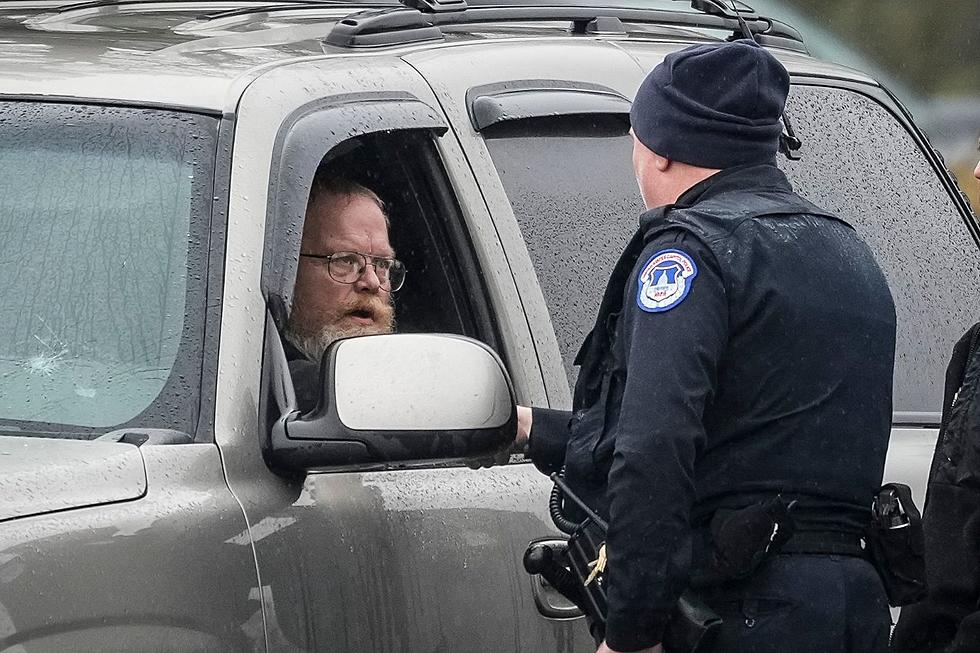
The ‘Trick Question’ That a Maine Police Officer Can Ask You
Who knows, maybe this is something you didn’t think you’d need to know until you actually need it.

First off, I’m not a lawyer. They are way smarter than me, get paid more than me, and know the laws well enough to advise on how to tip-toe around them better than me. However, this information is still very important to know, so that’s why I feel the need to pass it along.
According to the American Civil Liberties Union of Maine, it’s imperative to know your rights when dealing with police encounters. The ACLU of Maine makes it clear that your rights include:
- “You have the right to remain silent. If you wish to exercise that right, say so out loud.”
- “You have the right to refuse to consent to a search of yourself, your car or your home.”
- “If you are not under arrest, ask if you are free to leave. If you may leave, do so calmly.”
- “You have the right to a lawyer if you are arrested. Ask for one immediately.”
- “Regardless of your immigration or citizenship status, you have constitutional rights.”
The ACLU of Maine also wants to make it clear that while you do have rights, you also have certain responsibilities that you need to adhere to, such as:
- “Do stay calm and be polite.”
- “Do not interfere with or obstruct the police.”
- “Do not lie or give false documents.”
- “Do remember the details of the encounter.”
- “Do file a written complaint or call your local ACLU if you feel your rights have been violated.”
Additionally, if you wish to remain silent, tell the officer out loud. In some states, including Maine, you must give your name if asked to identify yourself.
So, what 'trick question' gets asked by Maine police officers?
The trickiest part about this question is that it’s ingrained in us. For the longest time, in any movie, TV show, video game, or any form of media, the first lines said by a police officer after pulling someone over are: 'Do you know why I pulled you over?'
From the moment you're pulled over, an officer's top priority is to collect evidence and build a case against you. While the initial question may seem routine – an officer wanting you to acknowledge any wrongdoing – it's actually a clever tactic designed to catch drivers off guard before they can recall their Fifth Amendment rights.
Answering this seemingly innocuous question and speculating about why you were pulled over can potentially work against you in a court of law. For instance, as advised by the legal experts at White Law PLLC, if someone admits, "Because I ran a red light," the officer now has a recorded confession. While such confessions don't guarantee an automatic conviction, they can certainly be detrimental to the defendant's case.
Again, I’m not a lawyer and can’t provide legal advice; however, this is a good concept to know and understand for future reference.
America's Best Looking Police Cruisers
Gallery Credit: Michael Karolyi
An Inside Look At The Horrific Damage The Storm Caused in Maine
Gallery Credit: Lizzy Snyder
Check Out These 23 Celebrities Who Visited Maine in 2023
Gallery Credit: Jordan Verge
2024 Maine Savings Amphitheater Summer Waterfront Concerts Lineup
Gallery Credit: Jordan Verge
